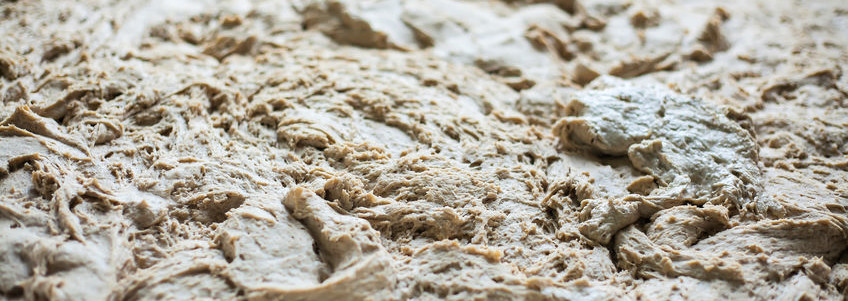
Making dough may seem simple enough, but there are a lot of complex things happening at once. And the dough and flour have a lot to say. So it’s important to really know what’s going on if you want consistent quality and control in your product. Especially if you’re developing a new one. Analysis equipment and tests are key for taking the guess work out of baking. Today, we’re going to look at the mixolab.
This machine assess the baking quality and performance of hydrated cereal flours. It’s used to characterize the rheological behavior and pasting properties of flour/water doughs and starch/water mixtures when subjected to the simultaneous action of mixing and heat transfer.
The mixolab helps millers and bakers to:
- Adjust dough mixing parameters
- Detect excessive enzymatic activity in wheat due sprout damage
- Evaluate starch damage
- Adjust flour’s alpha amylase activity
- Predict product behavior during thermal processing
- Assess the cold/hot functionality of starches and gums
- Study the effect of dough conditioners on dough mixing properties
How does it work to analyze dough?
The mixolab is a recording dough mixer with heating and cooling capabilities. It uses two mixing blades that rotate in opposite directions. The instrument can measure the consistency of dough in the temperature range of 86–194°F (30–90°C) during heating at a rate of 7.2°F/min (4°C/min).1,2,3
Evaluation of dough consistency over this temperature range allows the mixolab to determine complete characterization of the gluten-forming proteins and starch functionality in a single assay. These functions can be performed by measuring, in real time, sample resistance to mixing action of the kneading arms (i.e. torque in N·m), recorded by a computer software in a graph as changes in viscosity with time.

